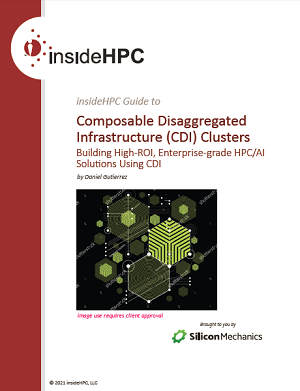 The U.S. has launched a $75 million effort to accelerate quantum information science (QIS) research and development, funding that will establish three Quantum Leap Challenge Institutes.
The U.S. has launched a $75 million effort to accelerate quantum information science (QIS) research and development, funding that will establish three Quantum Leap Challenge Institutes.
An announcement today from the White House Office of Science and Technology Policy and the National Science Foundation (NSF) said the institutes will be hosted by the University of Colorado, Cal-Berkeley and the University of Illinois and will integrate resources and expertise of the U. S. National Laboratories and industry partners. Along with R&D, the institutes will also “focus on training and educating a diverse, quantum-ready U.S. workforce.”
The three institutes include:
- NSF Quantum Leap Challenge Institute for Enhanced Sensing and Distribution Using Correlated Quantum States: The goal of this institute, led by the University of Colorado, is to develop quantum sensors with a range measurement capabilities, including radiation levels to the effects of gravity, that are more sensitive than classical sensors.
- NSF Quantum Leap Challenge Institute for Hybrid Quantum Architectures and Networks:Led by the University of Illinois, Urbana-Champaign, this institute is charged with developing more robust quantum processors for QIS and engineering. It will build interconnected networks of small-scale quantum processors and test their functionality for practical applications.
- NSF Quantum Leap Challenge Institute for Present and Future Quantum Computing:This institute, led by the University of California, Berkeley, plans to address problems related to today’s quantum computing prototypes, which are rudimentary, error-prone and small-scale. The goal is to design advanced, large-scale quantum computers, develop efficient algorithms for current and future quantum computing platforms, “and ultimately demonstrate that quantum computers outperform even the best conceivable classical computers,” according to today’s announcement.
According to the NSF, QIS as a separate discipline extends back about 20 years when scientists… ‘began thinking about the implications of combining quantum mechanics with the classical Turing computing machine.’ It’s an emerging field thought to have potential to bring on revolutionary advances in the sciences and engineering, and it involves computation, communication, precision measurement and fundamental quantum science….
According to the NSF, QIS as a separate discipline extends back about 20 years when scientists such as Charles Bennett, Paul Benioff and Richard Feynman “began thinking about the implications of combining quantum mechanics with the classical Turing computing machine.” It’s an emerging field thought to have potential to bring on revolutionary advances in the sciences and engineering, and it involves computation, communication, precision measurement and fundamental quantum science, according to the NSF.
“Quantum information science has the potential to change the world,” said NSF Director Dr. Sethuraman Panchanathan. “But to realize that potential, we must first answer some fundamental research questions. Through the Quantum Leap Challenge Institutes, NSF is making targeted investments. Within five years, we are confident these institutes can make tangible advances to help carry us into a true quantum revolution.”



